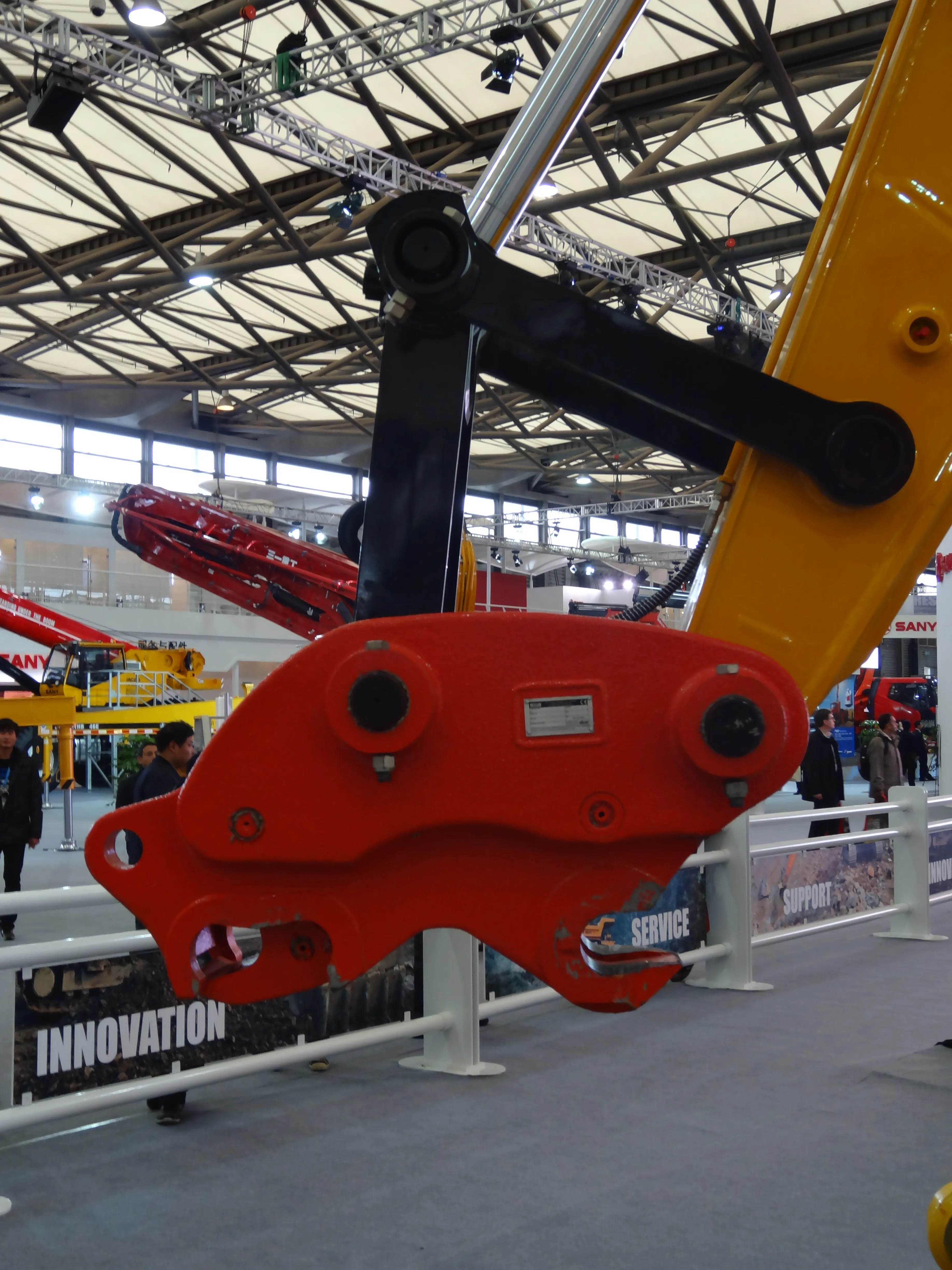The automotive sector is getting all the attention for its autonomous vehicle development, but the construction sector is quietly getting on with developing useable examples.
Automotive original manufacturers, their supply chains and other groups such as Uber and Apple are in the limelight for their attempts to development self-driving vehicles.
These groups get the general media attention and have much larger research and development budgets, according to Tomas Kuta, senior vice president of global sales for
But it is OEMs and their suppliers who are really pushing the envelope of innovation for autonomous vehicles, he told the delegates to the
More than 200 people from OEMs, agency officials and contractors are attending the three-day event that is focusing on the theme, ‘Industry Transformation: driven by success’.
“Autonomous vehicles with be the main driver for change,” he said in his presentation.
Kuta told World Highways that discussions with middle-to-large users of construction equipment, especially in the quarry sector, show that their main concern is now machine operator efficiency. The human element is where they see issues of efficiency that have to be controlled, he explained.
Issus include a driver or machine operator skills gap or simple shortage of personnel, safety concerns, wages and more. These are the variables that often are not controllable and autonomous vehicle development could help in this area.
Ladislav Rulf, manager of consulting firm
More than 40% of contractor respondents said they are using drones to capture visual and digital data from their worksite and machines to create a virtual overview of their operation.
Also, more than 60% are doing this with or without drones. Nearly a third of respondents said they are already using some form of robotics on their worksites.
The percentages have never been higher, Rulf told delegate, and they look like increasing.
Martin Knoetgen, president for Europe, Middle East and Africa operations at
%$Linker:
CECE Conference, Prague: Construction sector’s quiet revolution
The automotive sector is getting all the attention for its autonomous vehicle development, but the construction sector is quietly getting on with developing useable examples. Automotive original manufacturers, their supply chains and other groups such as Uber and Apple are in the limelight for their attempts to development self-driving vehicles.
October 6, 2016
Read time: 2 mins







